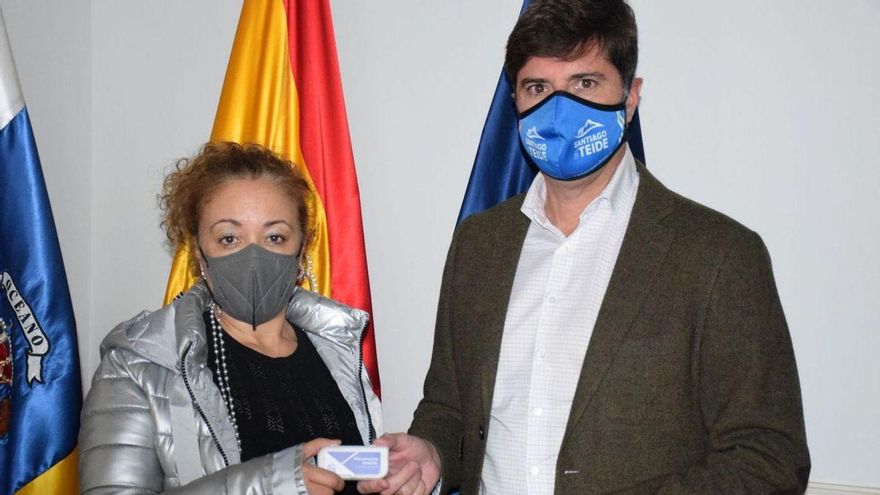
The Plenary of the Santiago del Teide City Council yesterday approved the Consolidated budget for 2022 for an amount of 14,680,035 euros, which represents an increase of 242,584 euros compared to the previous year. That 1.68% increase places it more in numbers similar to those of the years prior to the pandemic.
The mayor, Emilio Navarro, explains that the municipal accounts “strengthen three fundamental pillars for the government team, such as economic promotion and employment, social services and investments in public works, which means creating jobs.” The councilor states that, as in 2021, in this budget there is a total absence of public debt, so “we have a completely healthy City Council, which allows us to have an important economic muscle to face the challenges of next year.”
In detail, Navarro highlights the Investments chapter, which increases 2.53% compared to 2021, up to 1,222,080 euros. It is about “a clear commitment to public investment as a catalyst for the municipal economy.” The mayor anticipates that he also plans to use in this section the Treasury Surplus and the surplus, “so that the investment capacity for this year opens up to the possibility of financing other projects with charge of these own funds, thanks to the suspension of the fiscal rules during the years 2021 and 2022 ».
Regarding income, indirect taxes increased by 8.45%; For current transfers, an increase of 5.11% is expected, to 4,129,059, which is reflected in priority areas such as the reinforcement of the Social services or social emergency aid, to families with children in nurseries and sports entities, among others. Current expenses grew by 1.96%, which allows, within the necessary containment at this time, to generate activity in non-essential areas, recording all the commitments acquired by the municipal service and supply contracts.
Emilio Navarro points out, as basic lines of management, improving public services, increasing social and equality policies, promoting employment and boosting the local economy, education, culture and training, administrative modernization, increasing the level of transparency and implementing electronic administration at all levels, as well as promoting works and other investments in neighborhoods. All this, “maintaining the policy of not increasing the tax burden on citizens, as we have done for years.”
















